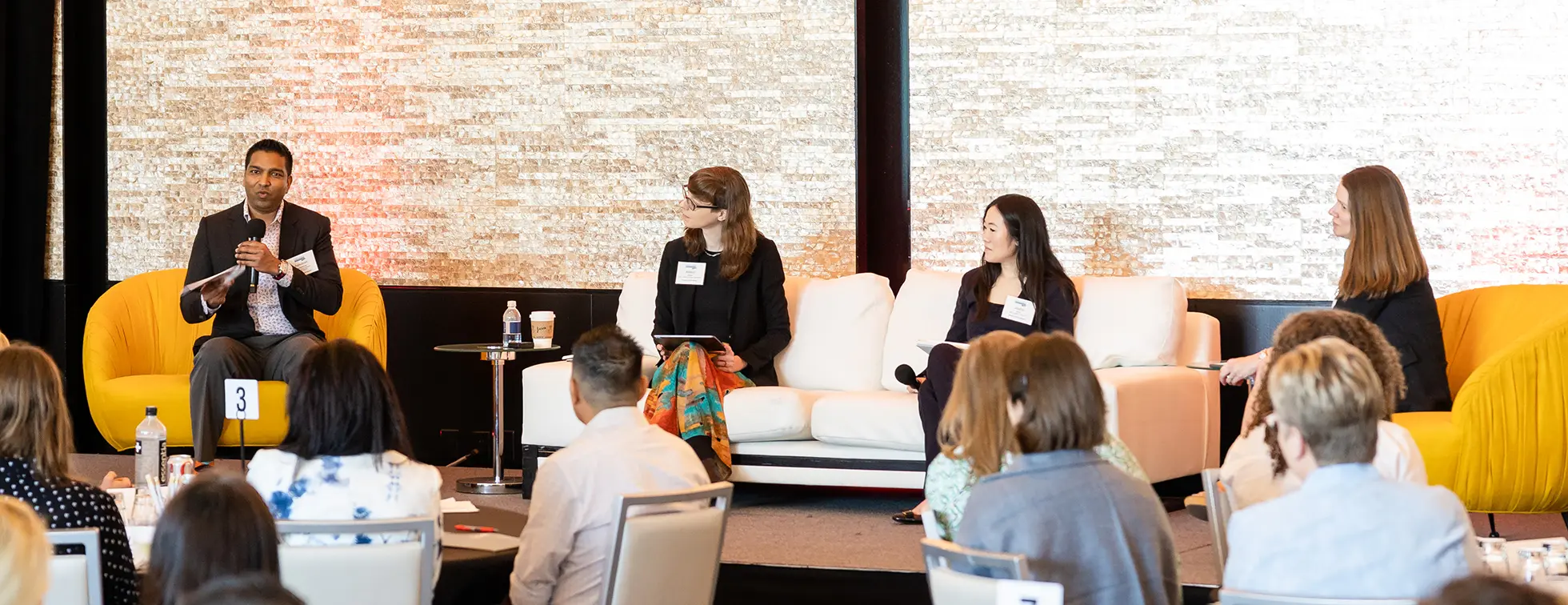Explore fundraising data, practical tools, guidance, and reflections on timely topics for your nonprofit.
Whether you are a nonprofit leader or a frontline fundraiser at your organization, our fundraising insights will equip you with the knowledge and resources you need to succeed in your role.
Featured Insights
Perspectives on Philanthropy | Giving USA 2025
Explore this on-demand video presented by CCS Fundraising in partnership with the Indiana University Lilly Family School of Philanthropy, which reveals and discusses the key findings from Giving USA 2025: The Annual Report on Philanthropy.
CCS Philanthropy Pulse
Uncover the latest fundraising trends in the 2025 CCS Philanthropy Pulse report! Packed with data-rich insights from 600+ nonprofit organizations across diverse nonprofit sectors, this free report will help you plan for success in 2025.
Donor Acquisition and Retention Strategies for 2025
Read this article to learn how to develop an effective donor acquisition and retention plan in 2025.

Want to stay informed?
Full Insights Library
FILTER INSIGHTS BY

Perspectives on Philanthropy | Giving USA 2025
Explore this on-demand video presented by CCS Fundraising in partnership with the Indiana University Lilly Family School of Philanthropy, which reveals and discusses the key findings from Giving USA 2025: The Annual Report on Philanthropy.

Nonprofit Communications Strategy: A Generational Guide
Leverage the latest research on donor communication preferences to support your personalized nonprofit communications strategy.
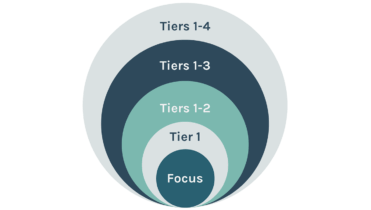
How to Strengthen Your Donor Portfolio With Data Analytics
Learn how to effectively analyze, refine, and refresh your donor portfolio to secure long-term fundraising success.
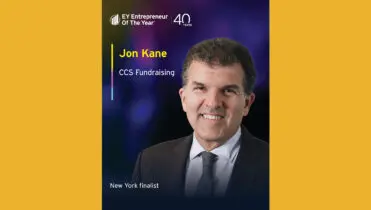
EY US Unveils Jon Kane of CCS Fundraising as an Entrepreneur Of The Year® 2025 New York Award Finalist
Entrepreneur Of The Year celebrates ambitious entrepreneurs who are shaping the future.

How to Analyze CRM Data: The Hidden Power of Your Database
Unlock the potential of your organization’s CRM and data management techniques to secure long-term fundraising success.
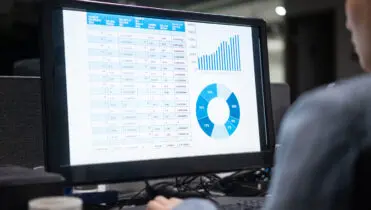
Nonprofit Data Management: How to Turn Messy Data into Quality Insights
Learn simple steps you can take to manage your nonprofit’s data no matter where you are in your data health journey.

Elevate Your Major Gifts Fundraising Training with These Three Tactics
Strengthen major gifts fundraising training at your organization through sustainable, capacity-building learning practices.
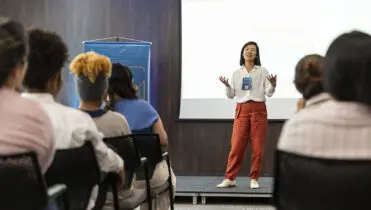
Association Foundation Fundraising: Eight Fundamental Tips
Discover how your association foundation can effectively engage and mobilize its members.

Stalled Fundraising Campaign? Reignite It With These Four Steps
Learn how to reinvigorate a stalled fundraising campaign with intentional strategies that reignite donor engagement and investment.
